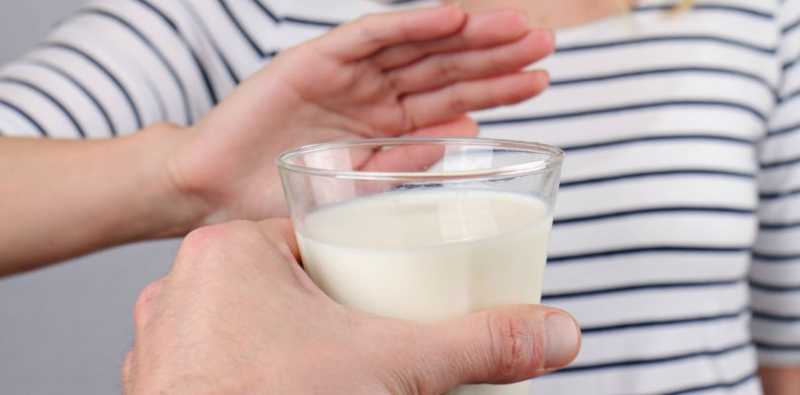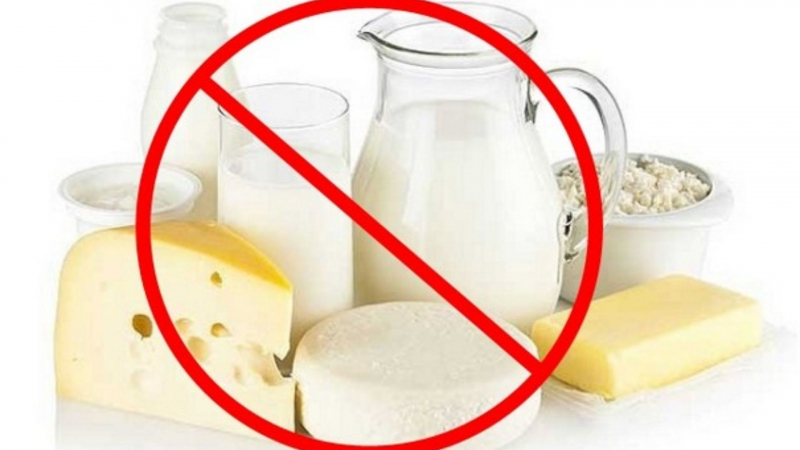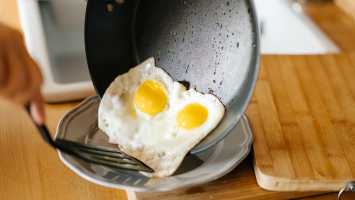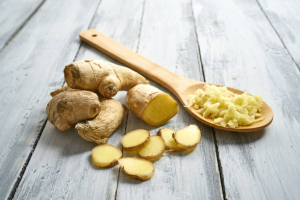Top 10 Ayurvedic Tips for Winter Wellness
Ayurveda flourished almost 10,000 years ago in a society far different from ours, a culture in which human life was inextricably linked to the natural ... read more...environment. The Vedic sages recognized that the major rhythms and forces of nature, such as the alternation of day and night and the cyclic cycle of seasons, all have an impact on us, as do the seasons and cycles of human life. They understood that being in tune with nature also meant being in tune with your specific constitution, or prakruti, which is made up of three subtle energies: Vata, the energy of movement, pitta, the energy of digestion or metabolism, and Kapha, the energy of lubrication and structure. The sky is frequently gloomy and gray in winter, the temperature is chilly, damp, and heavy, and life, especially in cities, goes more slowly. Colds are widespread in people this time of year. Runny nose, cough, congestion, headache, tiredness, and achy body are all symptoms. Colds are considered a Kapha and Vata condition in Ayurveda. Kapha is caused by an excess of congestion qualities (cold, wet features) combined with excessive vat, manifesting as a decreased appetite, chills, and physical aches. In general, we should adhere to a Kapha-calming routine during the winter. Continue reading to soothe both Vata and Kapha as temperatures drop. Here are Ayurvedic tips for winter wellness.
-
Ayurveda recommends sleeping in a little later in the winter (about 7 a.m.) than in other seasons. Scrape your tongue first thing in the morning to remove the dead germs and yeast that have gathered overnight and to enhance circulation to the visceral organs. Brush your teeth with toothpaste containing warming herbs like cinnamon, clove, bilva, and haritaki. After that, drink a cup of warm water to induce a bowel movement. Then give yourself a brief massage. Warm sesame oil should be applied to your complete body (it is warming and beneficial to all prakrutis in the winter). Allow the oil to soak in for 5 to 10 minutes before taking a hot shower and exfoliating your skin.
Yoga, pranayama, and meditation are great ways to end your morning routine. Congestion in the respiratory organs is relieved by Surya namaskara (sun salutation) and positions that open the chest, throat, and sinuses. If you can, try the fish, boat, bow, locust, lion, and camel stances, as well as the shoulder stand and headstand. After that, go through a couple rounds of bhastrika, or fire breath. This breathing technique generates heat and clears mucus from the respiratory tract.
It is critical to eat a nutritious breakfast after meditation. If you don't fuel your digestive fire first thing in the morning, it will dry up physical tissues and stimulate Vata. Enjoy a bowl of cinnamon-spiced oats, barley, cornmeal, tapioca, or poha (basmati rice flakes). Boil 1/2 teaspoon fresh or powdered ginger, 1/2 teaspoon cinnamon, and a pinch of ground clove in a cup of boiling water for 5 minutes after breakfast. Consume this tea to boost your digestive fire, promote circulation, and eliminate extra mucus. If you have an ulcer or any inflammatory issue, skip the tea.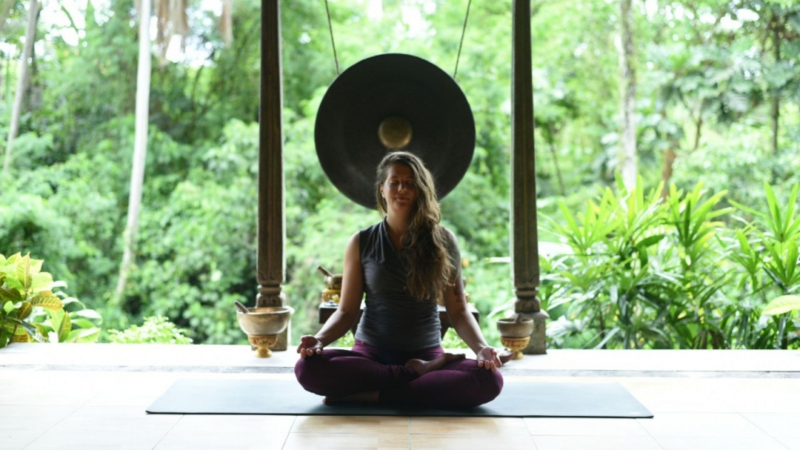
Ekhart Yoga 
Today's Parent -
When the temperature drops outside, many of us want to stay indoors and wait for the sun and longer days to return. Exercise normally takes a back seat, but if you decide to brave the cold and leave the electric heater at home, you will soon discover that training in cold weather may provide numerous benefits to not only your body but also your mind.
As winter tightens its grip on all of us, germs and viruses become commonplace and circulate, with only a few escaping unscathed by the usual cold or flu.
Exercising can not only help you fight off any symptoms of a cold or flu, but it will also lower your chances of being sick in the first place. Your immune system is working harder and is better prepared to combat foreign invaders and associated unpleasant symptoms.
Cold weather pushes your body to work harder during exercise, including your cardiovascular system. Because cold weather exercise causes the heart to work harder to circulate blood around the body, this energizing workout helps to keep your heart health in tip-top shape. With cardiovascular disease being a big public health concern in this country, doing whatever to strengthen your heart is a wise decision.The winter blues, also known as seasonal affective disorder (SAD), occur when you are depressed and your mood is off despite all of the holiday excitement. This occurs as a result of shorter days and your body/mind not receiving enough light and endorphins.
Exercise can improve your mood at any time of year, but it has an especially powerful effect in the winter, sending those all-important feel-good hormones skyrocketing. and warding off the winter blues In fact, studies have shown that a decent workout can be up to four times as beneficial than pharmaceuticals in alleviating depressive symptoms. Getting outside in the fresh air in chilly weather can help replenish vitamin D levels in the skin, as well as being an excellent mood enhancer and pick-me-up.
Consider a winter workout to be a turbocharged version of your typical sweat sesh. Because the cold temperature will increase your caloric burn no matter what workout you undertake. This is because the body is working significantly harder to maintain its core temperature. As the body struggles to stay warm, the metabolism speeds up and your body burns more calories and fat.
The winter weather allows you to explore new hobbies that you may not have tried before. Enjoy the winter months for the new chances they bring. You may try something new, such as skiing or cold water swimming, which has been shown to reduce stress and improve circulation.If you don't want to confront the cold, join a gym, do a workout DVD, or run on the treadmill to enhance circulation and reduce kapha. Take in some sunlight as well. Sit near a window to soak up the early morning or evening light. Sunlight relaxes muscles, produces vitamin D, alleviates Seasonal Affective Disorder, and aids the body in maintaining appropriate sleep patterns.
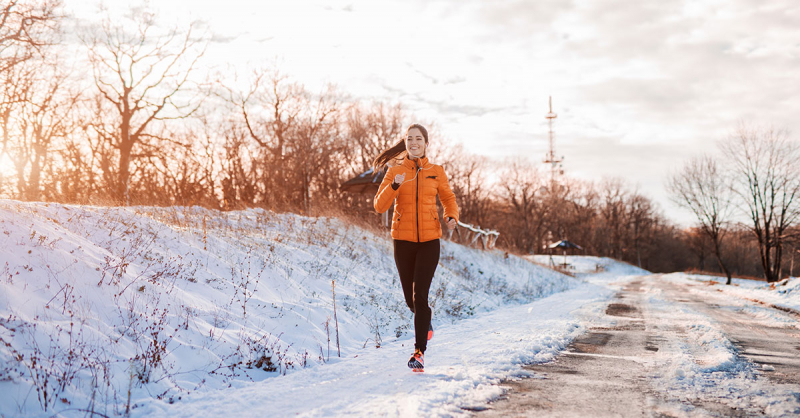
Froedtert 
CareSpot -
Include whole wheat unyeasted bread, buttermilk, cottage cheese, steamed veggies, ghee (clarified butter) soup, and spicy foods in your meals. The body constricts skin pores and superficial connective tissue in reaction to cold weather to minimize heat loss, which transfers heat away from peripheral tissues and into the body's center, including the stomach. In the winter, Agni (and hence your appetite) grows stronger. Agni, on the other hand, plummets when Kapha or Vata are triggered, making you more susceptible to colds, poor circulation, joint problems, and unpleasant emotions. Because your appetite is stronger in the winter, consume more protein, such as beans, tofu, eggs, and, if you're not a devout vegetarian, chicken, turkey, and fish. Warming spices like cinnamon, cloves, and black pepper can help with digestion.
A few ounces of sweet or dry wine with your meals will help to fuel your Agni (digestive fire), stimulate your appetite, and increase circulation. Cold drinks (which irritate Kapha and Vata) should be avoided in favor of hot water, hot tea, and, on occasion, hot cocoa or chai. Drinking warm water will help you flush your system and keep you warm throughout the day. Drinking hot/warm water several times a day flushes toxins from the system and hastens recovery.
Keep in mind to acquire your Vitamin C. For three months, take 500 mg twice a day.

Freepik 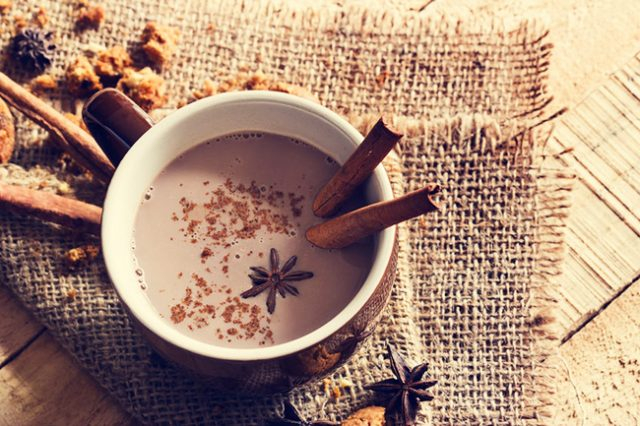
American Institute for Cancer Research -
Avoid cold drafts, dress warmly, and don't forget a cap when going outside. It is saild that the head loses more than half of the body's heat. Cover your ears and neck as well to keep vata and kapha at bay.
Colds are a kapha-vata condition, according to Ayurveda. The body accumulates an excess of chilly and moist kapha properties, resulting in congestion and a runny nose, while also experiencing an excess of vata, which lowers agni and causes chills, a loss of appetite, and poor digestion. Here's some assistance.

Cone Health 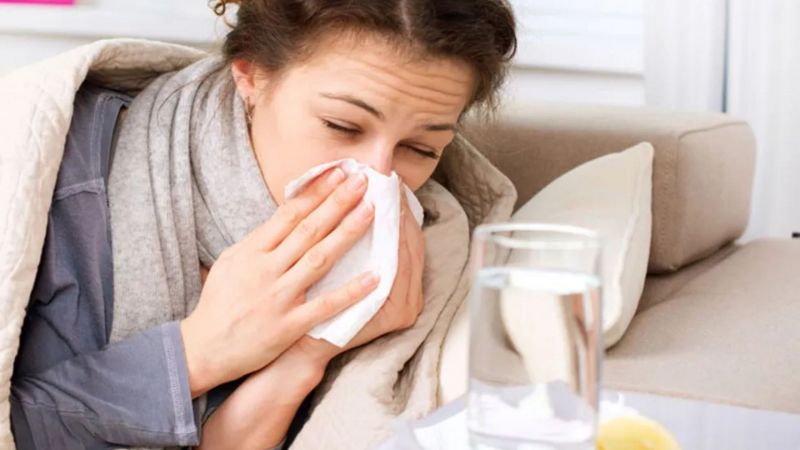
The Dr. Oz Show -
Colds are best treated with ginger. It is the most effective treatment for colds. Drink ginger tea, soak in a ginger-and-baking-soda bath (add 1/3 cup baking soda and 1/3 cup powdered ginger to a hot tub and soak the body from the neck down), or utilize a ginger steam therapy. In a pint of water, boil one teaspoon powdered ginger. Turn the stove off, cover your head with a towel, and inhale the steam via your nose for 5 minutes. This will clear your sinuses and make you feel lot better.
Ginger is one of the best cold cures because it balances the kapha and vata components that are out of balance. If you have access to fresh herbs, such as ginger root, turmeric root, and cinnamon sticks, we recommend utilizing them. It can also be used if it isn't powdered.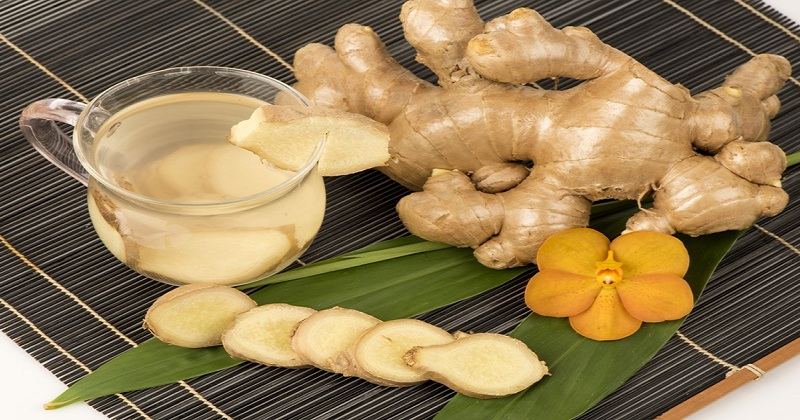
East Coast Daily English 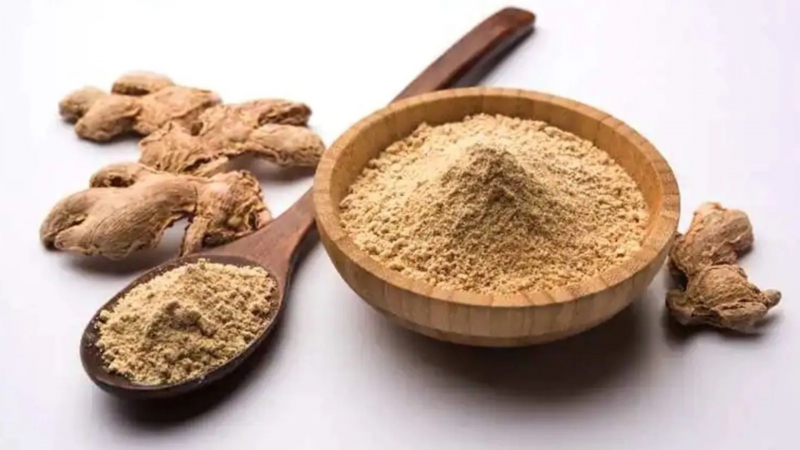
Hindustan Times -
Eucalyptus Steams is another helpful piece of advice for you this winter.
Once the water is scorching hot, add a few drops of eucalyptus oil or eucalyptus leaves to a large pot of water. Cover your face with a cloth and stoop over the pot. Inhale the steam for a few minutes. This should assist in decongesting the area.
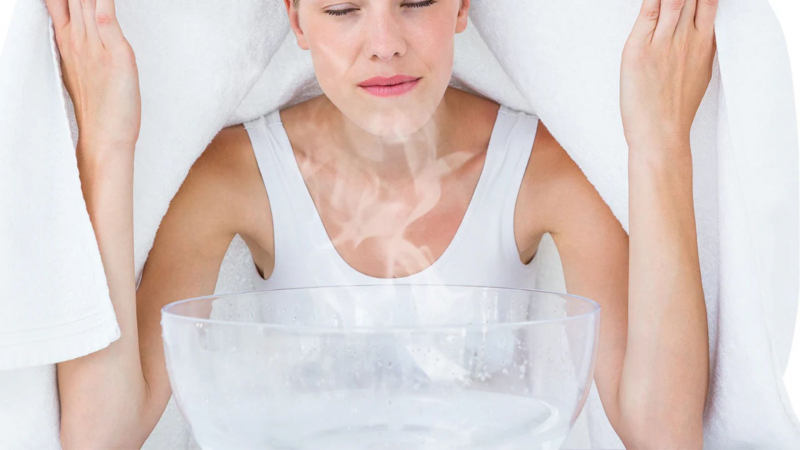
Bargz 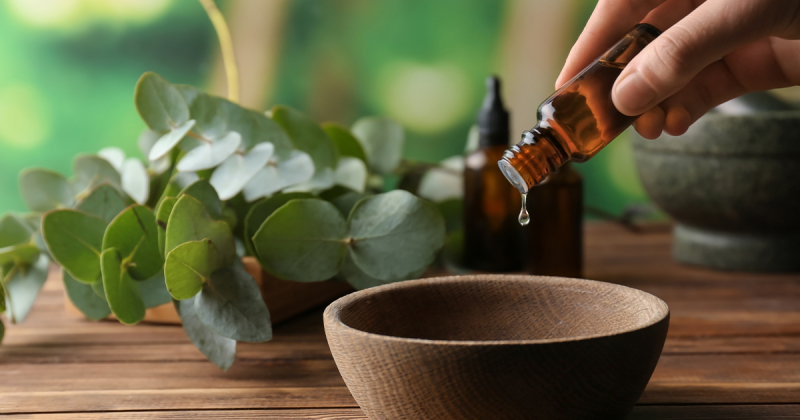
The Aromahead Institute -
With Nasya, you can lubricate the nasal passages and ease the discomfort and sneezing associated with a cold. Lie face-up on your back with a pillow under your shoulders and your head tilted back so that your nostrils face the ceiling. Squeeze 3 to 5 drops of liquid ghee into each nostril and gently inhale the oil. On an empty stomach and at least one hour before or after showering, you can do Nasya in the morning and at night.
Following with a breath of fire and alternate nostril breathing, use a neti pot filled with salt water to flush out extra mucous from your nasal passages.

Verywell Health 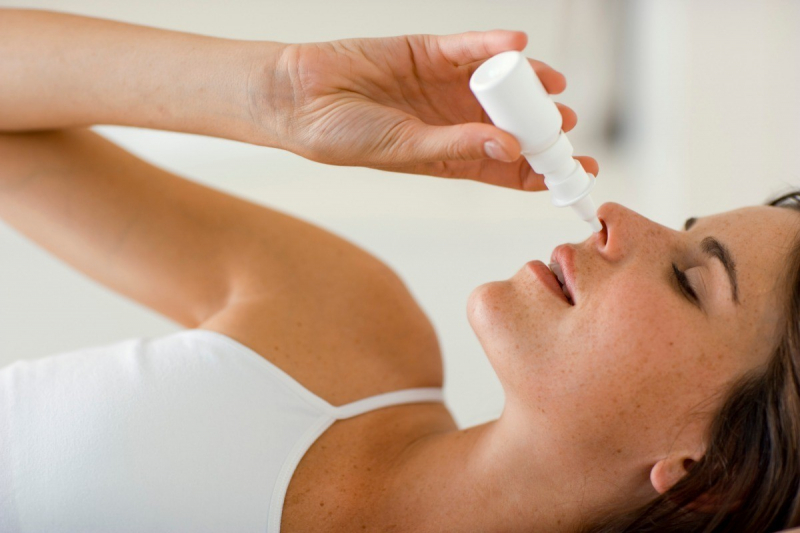
Thrifty Fun -
Following an Ayurvedic practice can also help you enhance your wellness and increase your immunity to help you avoid colds.
According to Ayurveda, each organ operates at peak efficiency at specific times. Reflect on various times of the day and use healing and balancing strategies to offer clarity, rhythm, and peace of mind this fall/winter season.
- 6-8 am: Lunch (Kapha) try gentle yoga, pranayama, or walking.
- 8-10 am: pancreas (Kapha) has breakfast, allowing digestion to occur.
- 10-12pm: stomach (pitta) digest.
- 12-2 pm: heart (pitta) have lunch and digest.
- 2-4 pm: spleen(Vata) digest
- 4-6 pm: colon, kidneys, Bladder (Vata) enjoy dinner
- 6-8 pm: lungs (Kapha) walk outside.
- 8-12 pm pancreas, small intestine, stomach (kapha+pitta) rest, digest, and sleep.
Including simple activities in your daily routine, such as self abhyanga (warm sesame oil self massages). An hour before showering or engaging in any type of activity. On time, have a seasonal warm cooked dinner. During the frigid winter months, avoid cold drinks and foods.
Another significant element of a health and fitness practice is Ayurvedic oil massage (Abhyanga).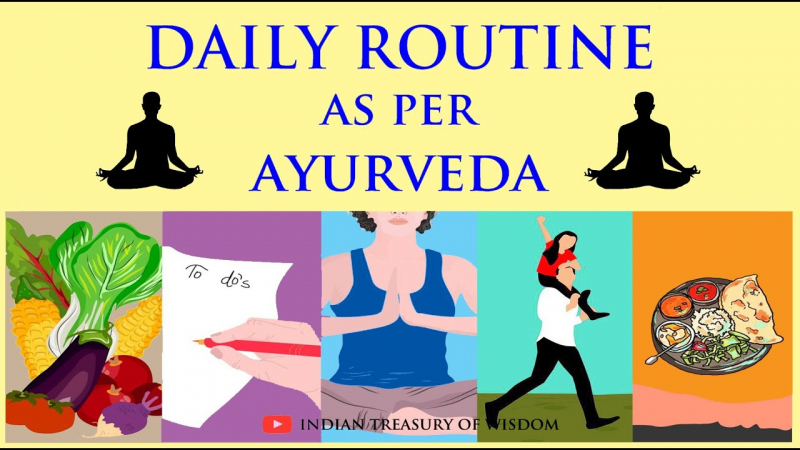
Indian Treasury of Wisdom 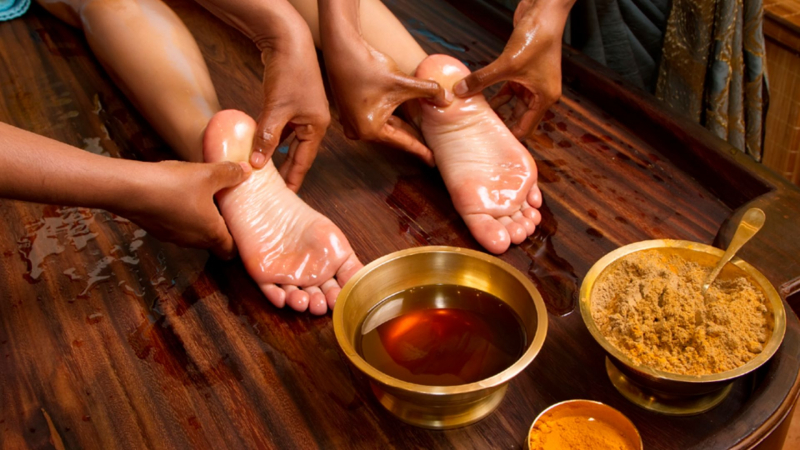
Footfiles











